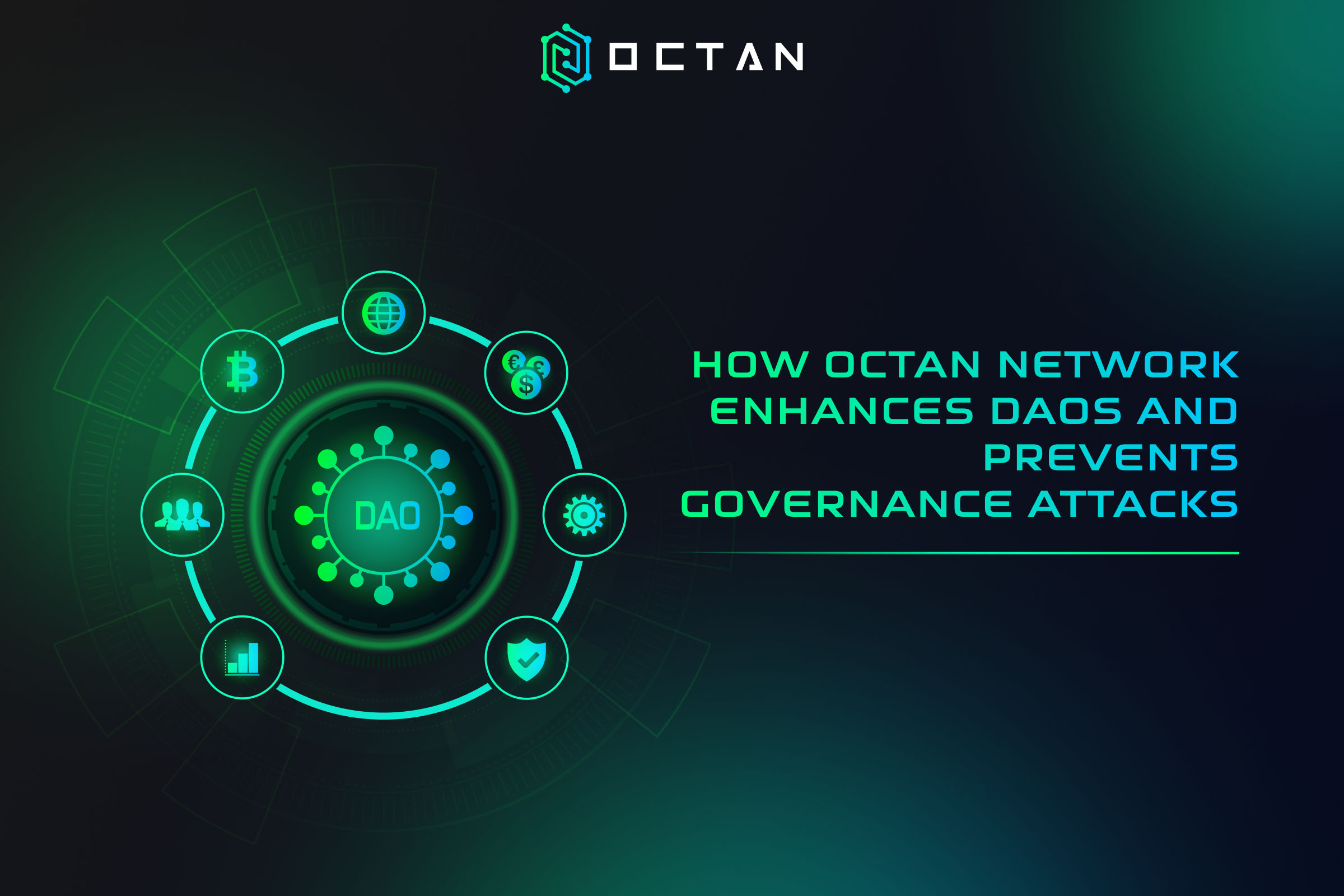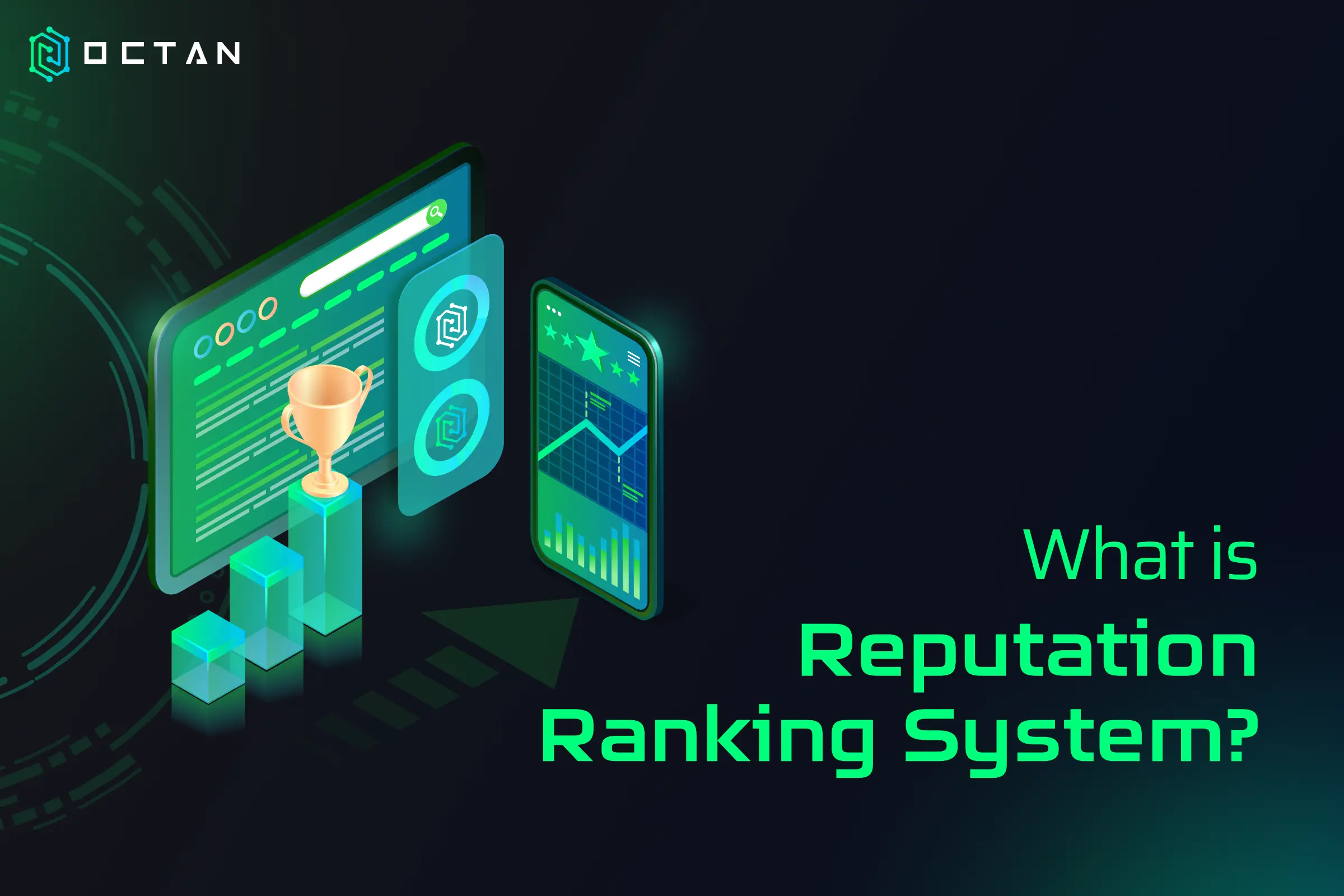Decentralized autonomous organizations (DAOs) are arguably one of the most groundbreaking and promising applications of blockchain technology. These organizations operate on the principles of smart contracts, without the need for intermediaries or centralized authorities. This system empowers individuals to collaborate and work together towards shared objectives, such as creating and managing decentralized applications (DApps), advancing social causes or funding public goods.
Despite their potential, DAOs also face significant limitations, particularly when it comes to governance. The critical question is, how can DAOs ensure that their decisions align with the true interests and will of their members? Furthermore, how can they prevent malicious actors from exploiting their vulnerabilities or manipulating their outcomes? Lastly, how can DAOs incentivize participation and contributions from their members?

This article aims to tackle these limitations and provide compelling answers to these critical questions. We will delve into the concept of DAO governance, highlight its significance and associated challenges, and showcase how Octan Network’s Reputation Ranking System (RRS) can enhance the system’s effectiveness. We will also explore a governance proposal recently put forward by Uniswap, one of the most successful and popular decentralized exchanges (DEXes), to illustrate the need for Reputation Ranking in DAO governance.
What is DAO Governance and Why Does It Matter?
DAO governance plays a vital role in the success and sustainability of decentralized autonomous organizations. It encompasses a wide range of tasks, including creating and implementing collective decisions, defining roles and responsibilities, and establishing mechanisms for proposing, voting, and executing actions.

The significance of DAO governance lies in its ability to foster trust, collaboration, innovation, and efficiency among members. Good governance can help to attract more users and investors to the DAO, while bad governance can lead to conflicts, stagnation, or even collapse.
Moreover, DAO governance aligns with the core values of decentralization, such as transparency, accountability, fairness, and inclusiveness. By empowering members to have a say and a stake in the decision-making process, DAO governance eliminates the need for external authorities or intermediaries. It enables members to contribute to the DAO’s goals and align their interests with those of the community.
DAO governance has been hailed as a revolutionary approach to organizational structures, promising to democratize decision-making and increase transparency and accountability. However, this new form of governance is not immune to challenges.
What are the Current Challenges of DAO Governance?

Staking Centrality: Many DAOs rely on token-based voting systems, where members stake their tokens to vote on proposals. However, this can lead to a problem of staking centrality, where a small group of large token holders dominates the voting power and influences the outcomes of proposals. This can undermine the decentralization and democratic nature of the DAO and can create conflicts of interest or collusion among major stakeholders.
Low Participation: Another challenge facing DAO governance is low member participation. Due to time constraints, lack of information, or low motivation, members may not participate in the governance process. This can lead to low voter turnout, quorum, or engagement in proposals. It can also result in a lack of diversity and quality of opinions and feedback within the DAO.
Information Asymmetry: Information asymmetry is another major challenge facing DAO governance. Some members may have more or better information than others about proposals or the state of the DAO, creating an unfair advantage or disadvantage for certain members in making informed decisions. Information asymmetry can also lead to misinformation or disinformation campaigns by malicious actors looking to sway the opinions or votes of other members.
Coordination Problems: Coordination problems are a common issue in DAO governance, as members may have differing preferences, goals, or incentives that make it difficult to reach a consensus or cooperate on a proposal. Communication barriers, cultural differences, and social dilemmas among members can also lead to coordination problems, resulting in delays, deadlocks, or disputes within the governance process.
Case Study: Uniswap Proposal
The recent Uniswap proposal to launch Uniswap v3 on the BNB Chain provides a prime example of why Reputation Ranking is necessary in DAO governance. Uniswap, one of the most prominent decentralized exchanges by trading volume, is governed by a DAO that allows users to propose and vote on changes to the protocol.

On December 12, 2022, 0xPlasma Labs submitted a proposal to deploy Uniswap v3 on the BNB Chain. The proposal argued that this move would bolster the DEX’s growth and liquidity while attracting more users from the Binance ecosystem. Although the proposal initially gained approval on January 23, 2023, with over 80% of participants voting in favor, it was met with opposition from A16Z, a top UNI token holder and investor in Uniswap. A16Z voted against the proposal, citing security concerns regarding the wormhole technology.
Fortunately, the proposal passed, with 66% of yes votes from other UNI token holders. Uniswap v3 successfully went live on the BNB Chain in March 2023. However, the case raised questions about A16Z’s voting bloc and Uniswap’s decentralization. A16Z held 41.5 million UNI tokens across 11 wallets, representing more than 4% of the supply and giving it an advantage in governance proposals.
The limitations of token-based voting are brought to the forefront in this case, demonstrating the inadequacy of current DAO governance systems to accurately capture the preferences and opinions of a community. The disproportionate influence of whale token holders can skew proposal outcomes, while low participation rates, lack of information, and voter apathy can also undermine the integrity of the voting process.
How can Reputation Ranking System Improve DAO Governance?
Octan Network’s Reputation Ranking System offers a promising solution to the challenges faced by DAO governance. RRS is a groundbreaking method to measure the worth and impact of each Web3 entity based on their actions and interactions within the Web3 ecosystem.
RRS works by gathering data from various sources and utilizing advanced algorithms to analyze and rank each Web3 entity according to various metrics. You can learn more about RRS by reading the article “What is Reputation Ranking System and How Does It Work?”.
By adopting RRS, DAOs can benefit from:
Decentralization: RRS is entirely decentralized and trustworthy, as it doesn’t rely on any centralized authority or intermediary to generate or verify the rankings. RRS is also transparent and verifiable, allowing anyone to access and audit the data sources used by RRS.
Incentivization: RRS creates a positive feedback loop that rewards stakeholders for their valuable contributions to DAO governance, encouraging them to be more active, engaged, and aligned with the organization’s vision and goals.
Evaluation: RRS provides an unbiased and extensive way to evaluate the performance and impact of each DAO member. By measuring the outcomes and effects of every action or interaction within the ecosystem, RRS showcases the reputation and credibility of each Web3 entity, reflecting their value and influence.
Implementing RRS can mitigate the shortcomings of token-based voting systems, as it takes into account the quality and impact of each contribution rather than just the quantity of tokens held. RRS can provide a fair and efficient way for DAOs to make better decisions and ensure a more effective and decentralized governance system.
Conclusion
In the fast-paced and ever-evolving world of Web3, DAOs need to keep up with the latest tools and technologies to maintain their competitive edge. Octan Network’s RRS is one such tool that is revolutionizing the way DAOs govern themselves. By providing a more nuanced and accurate way to measure reputation and influence, RRS empowers DAOs to make more informed and inclusive decisions that reflect the true preferences and interests of the community.
If you want to be part of this exciting new era of Web3 governance, join Octan Network’s beta mainnet program or follow our channels for more information. Together, we can build a more vibrant, democratic, and prosperous Web3 ecosystem.

